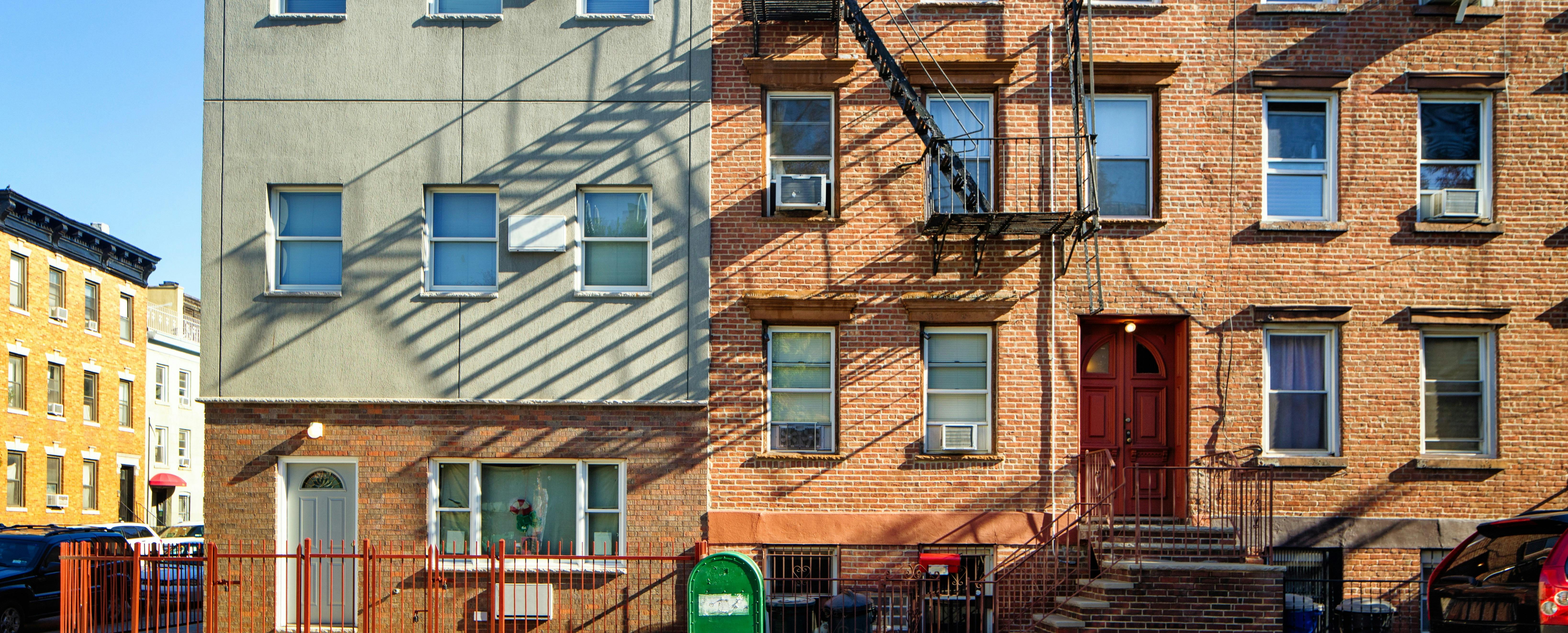
There's no overarching government rule or law that forces rental property owners to require every tenant to carry renters insurance. But more and more rental property owners are now requiring their tenants to take out renters insurance as a condition for the lease. A failure to maintain coverage, in these cases, amounts to a material breach of the lease on the renter's part, and some landlords are willing to evict over this.
Why Should Landlords Require Renters Insurance?
It's not just about insuring properties against loss. Homeowners typically get $200,000 or more of personal liability insurance as part of their base homeowners insurance policy. This protects not only the homeowner, but also everyone who interacts with them. If the homeowner happens to get sued for negligence or defamation, for example, and a jury finds them to be at fault and issues a judgment, that insurance policy protects the homeowner from being driven into bankruptcy by standing ready to pay the claim, up to the limit of the policy.
Similarly, these policies protect the victim by ensuring that they receive at least some compensation—usually $400,000 to $500,000 on a basic homeowners insurance policy—for any wrongs committed by the insured.
Think about it: If a tenant's negligence or other actions cost you $10,000 to $200,000 in damages, could they pay that out of pocket? Suppose they left the iron on and started a fire, resulting in tens of thousands of dollars in damage. Most renters don't have the kind of assets it would take to compensate their rental property owners in this situation.
Would you be willing and able to eat the cost of such an accident? If not, you may want to consider requiring renters insurance.
Coverage Provided by Renters Insurance
Renters insurance typically covers the following:
- Personal liability coverage for the renter, including coverage for any damages the renter may cause to your property via negligence or human error.
- Coverage and protection for the tenant's personal effects up to the limits of the policy, often $10,000 to $15,000 for a basic policy. Higher limits can be purchased if required. Deductibles for renters insurance policies are normally much lower than those for homeowners insurance policies, which can be a big help for many tenants in recovering from loss. This coverage typically extends to protect tenants' property from theft and damage from fire, water, smoke, and windstorms.
In a way, renters insurance also protects rental property owners. If a tenant without insurance loses nearly everything they own after a pipe explodes and floods their rental unit, they may well just move out rather than deal with the cleanup. If the tenant is insured, they'll get financial help with the cleanup—and you get to keep the tenant as well.
Do you find it difficult to implement policies that will be unpopular with your tenants? Get help from a professional property manager.
3 More Reasons to Require Renters Insurance
If there is a fire or some other damage where the tenant is not at fault, and the tenant loses property or is forced to rent a hotel room until the unit is habitable again, who will have to pay? Your insurance policy won't cover their personal effects, nor their hotel and other expenses. If the tenant's renters insurance policy covers these things, they'll be less likely to sue you.
If your tenant goes into debt or is sued, creditors may eventually garnish their paycheck. To state the obvious, this will greatly affect their ability to make rent payments on time.
In most cases, there's no real downside to requiring renters insurance as a condition of leasing. A typical policy providing $15,000 or so in property damage coverage and $100,000 in liability coverage costs around $10-20 per month in premiums. If a potential tenant's budget is so tight that this extra expense would be a deal-killer for them, you might not want that tenant in the first place.
Additional Tips If You Require Renters Insurance
Consider requiring tenants to include the entity that owns the rental property as an "additional interested party" on their renters insurance policies. This gives you the right to notification if the policy should lapse.
Many websites will tell you to insist on being named as an "additional insured." This is not necessary, and may potentially cause serious problems in the event of a claim. For example, having both you and the tenant on the same policy could dilute the policy coverage limit. Worse, if you as a landlord are actually insured under the policy, you may have a difficult time pressing a claim against it. If you have a good landlord insurance policy, you should be just fine being named as an additional interested party rather than as an "additional insured."
For best results, put language in the lease that tells tenants that your landlord insurance policy does not cover their personal effects against anything but negligence on your part. Include the renters insurance requirement in the lease and enforce it if the tenant lets their policy lapse. Few people want to get evicted over $10-20 per month in premiums that provides them with valuable protection.
